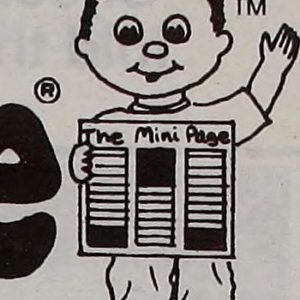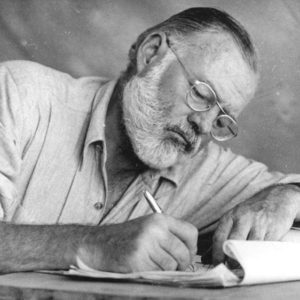
A Personal Perspective on Journalism in the 20th Century
Betty Debnam created and edited the Mini Page, a nationally syndicated newspaper supplement that ran from 1969 to 2007. Inducted into the North Carolina Journalism Hall of Fame in 1999, her journalistic efforts introduced children to forms of news and ignited their curiosity. In this Humanities Moment, Debnam reflects on both her familial ties to … Continued








